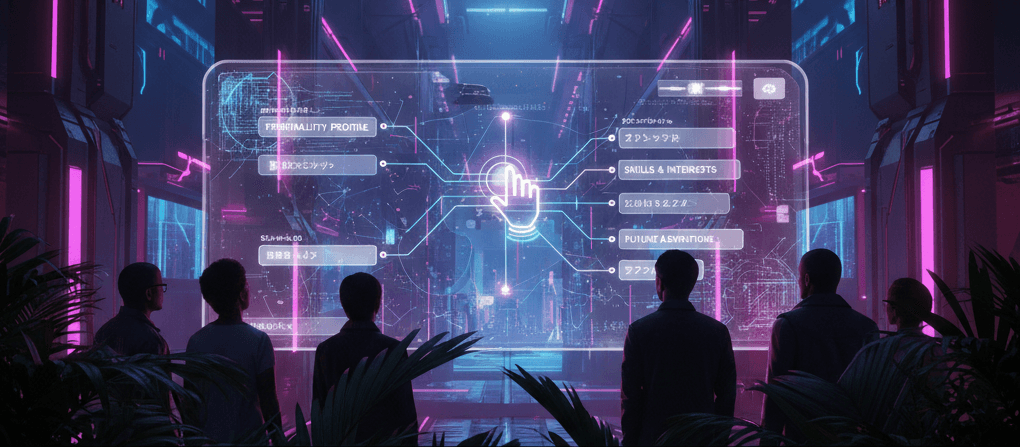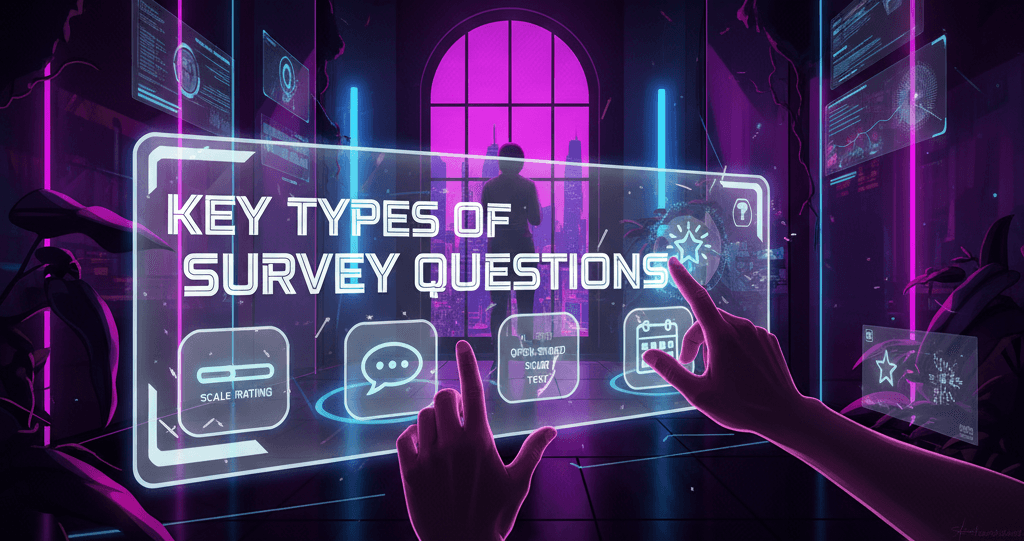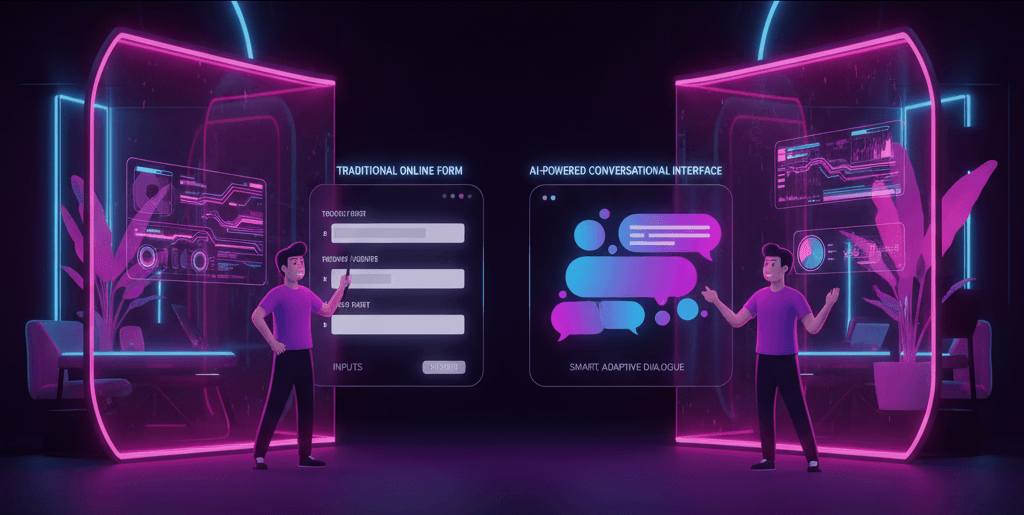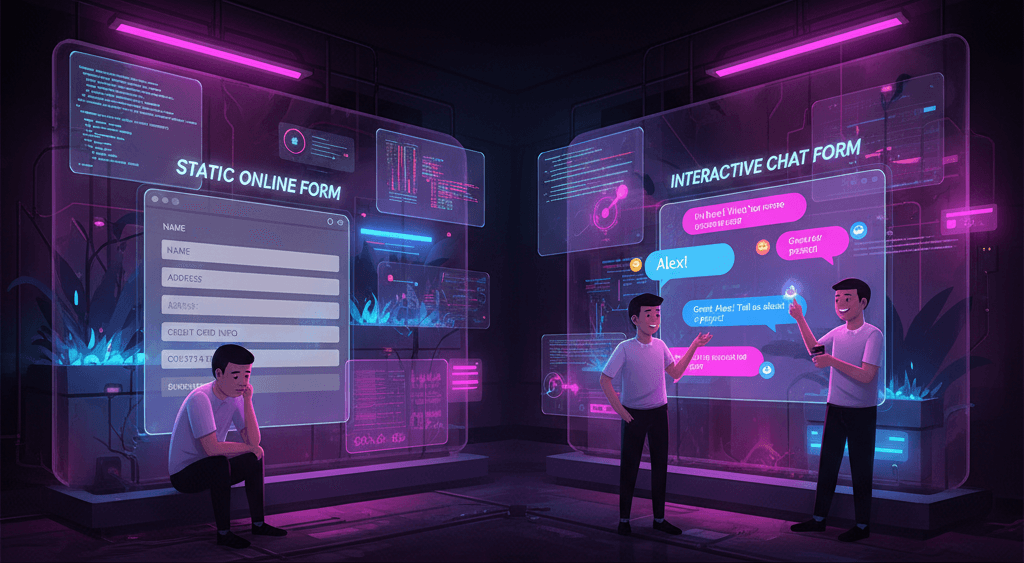Artificial Intelligence (AI) has become a cornerstone in transforming customer service across industries. From automating simple queries to handling complex conversations, AI agent platforms are empowering businesses to deliver faster, smarter, and more scalable support.
But with an expanding market of AI agent solutions, how do you decide which platform is best for your business?
This guide dives deep into the most important features to compare when selecting an AI agent platform, focusing specifically on customer service use cases.
Key Components of AI Agent Platforms
AI agent platforms are built on several foundational elements that determine their efficiency and usability. Natural Language Processing (NLP) lies at the heart of these platforms, enabling the understanding and interpretation of human input.
This is what allows the agent to comprehend a customer query and provide relevant responses.
Dialog management systems are equally crucial as they maintain the flow of conversation and ensure context is preserved throughout the interaction.
Machine learning models enhance the agent’s ability to learn and improve its responses over time by analyzing interaction data.
Moreover, integration APIs are vital as they enable the agent to connect with existing business systems such as customer relationship management (CRM) tools, ticketing software, and knowledge bases.
Lastly, a user-friendly interface is important for teams to build, manage, and optimize AI agents without requiring deep technical skills.
Understanding these key components is essential for evaluating whether a platform can effectively support your customer service goals.
Evaluation Criteria for Platform Selection
When choosing the right AI agent platform for customer service, businesses should assess various critical factors.
First, accuracy and comprehension are paramount, how effectively the platform understands a wide range of customer inputs can make or break the user experience.
A platform that frequently misunderstands users can lead to frustration and increased support costs. Speed of deployment is another important consideration. Some platforms offer pre-built templates, low-code or no-code tools, and guided workflows that significantly reduce setup time.
Scalability is also key, especially for growing businesses or enterprises that manage high volumes of interactions across multiple channels. Additionally, organizations should prioritize security and compliance.
Platforms must adhere to data privacy standards such as GDPR, HIPAA, or ISO certifications, depending on the industry. Finally, the quality of support and documentation provided by the platform plays a vital role in successful implementation.
A platform backed by comprehensive resources and responsive support can help teams overcome hurdles quickly and ensure a smoother adoption process.
Also Read: How to Build a Knowledge Base for AI Agents: Best Practices and Tips
NLP Capabilities Comparison
Natural Language Processing (NLP) capabilities form the backbone of any AI agent’s effectiveness. Platforms vary widely in how they interpret intent, extract entities, and handle contextual conversations.
Google Dialogflow, for instance, is widely praised for its high-quality intent recognition, strong contextual awareness, and support for multiple languages, making it a popular choice for global businesses.
Microsoft’s Bot Framework, when used with Azure Cognitive Services, offers powerful NLP features and is tightly integrated with other Microsoft products. IBM Watson Assistant emphasizes clarity in disambiguating user inputs and allows fine-grained control over dialogue paths.
Rasa stands out as an open-source alternative with strong natural language understanding (NLU) capabilities and full control over training data, making it ideal for teams with technical expertise. Amazon Lex, integrated within the AWS ecosystem, shares its NLP engine with Alexa and offers seamless scalability.
When comparing platforms, it’s essential to assess how well the NLP engine handles both common and edge-case queries, supports multilingual interactions, and enables easy training and retraining as your data evolves.
Integration Ecosystems
One of the hallmarks of a capable AI agent platform is its ability to integrate with existing systems. Customer service teams typically use a variety of tools, and seamless integration ensures that agents can work in harmony with these systems.
The best platforms offer plug-and-play integrations or robust APIs that connect with CRM systems like Salesforce, HubSpot, and Zoho; ticketing platforms such as Zendesk, Freshdesk, and ServiceNow; and messaging services including WhatsApp, Facebook Messenger, Slack, and live web chat.
Voice support is also critical for businesses operating call centers, and integration with services like Twilio, Amazon Connect, or Genesys enhances the AI agent’s versatility.
Furthermore, compatibility with analytics platforms such as Google Analytics and Power BI allows businesses to gain deeper insights into agent performance and customer interactions.
Platforms that offer software development kits (SDKs), webhooks, and middleware compatibility provide the flexibility needed to adapt to different tech stacks and workflows.
Customization Options
Customization is crucial when building an AI agent that reflects your brand’s identity and meets specific business requirements. The ability to define custom intents and entities allows companies to tailor the AI to understand industry-specific jargon and customer preferences.
Persona design is another valuable feature, giving businesses the tools to craft an AI that communicates in a tone consistent with their brand, whether that’s formal, friendly, or playful.
Customization also extends to functionality; a powerful platform allows integration of business logic through APIs so the agent can perform tasks such as checking order status, booking appointments, or accessing real-time inventory data.
In addition, user interface customization is essential for embedding the agent into web or mobile environments while ensuring a seamless and visually appealing experience.
Overall, platforms that offer a high degree of customization empower businesses to build differentiated customer service experiences tailored to their operational goals.
Analytics and Reporting Tools
Data is a critical asset in optimizing the performance of AI agents. Platforms with robust analytics and reporting tools enable teams to monitor usage trends, measure success metrics, and identify areas for improvement.
Real-time dashboards offer insights into session counts, resolution rates, and fallback instances. Conversation analytics can help uncover where users are dropping off, getting confused, or failing to complete tasks.
These insights are invaluable for retraining intents, improving message clarity, and enhancing customer journeys. Advanced platforms also support A/B testing of conversation flows, allowing teams to experiment with different approaches and optimize for better outcomes.
Customer feedback tools, such as post-chat ratings, CSAT, or Net Promoter Score (NPS), can be integrated directly into the chat interface to gather qualitative data.
The availability and depth of these analytical features play a vital role in driving continuous improvement and maximizing the ROI of your AI investment.
Cost Considerations
The financial aspect of selecting an AI agent platform should not be overlooked. Pricing models differ significantly across vendors. Usage-based pricing, where businesses are charged per session, interaction, or user, is common among cloud-based platforms.
While this model offers flexibility, it can become costly with increased traffic. Tiered subscription plans unlock more features as businesses scale, but may require careful planning to avoid overpaying for capabilities not yet needed.
Enterprise licensing often includes premium features, service-level agreements (SLAs), and dedicated support, tailored to large organizations. Meanwhile, open-source solutions like Rasa eliminate licensing costs but demand in-house technical expertise for setup, customization, and maintenance.
When calculating the total cost of ownership, businesses should account not only for licensing fees but also for costs related to training, onboarding, infrastructure, and ongoing optimization. Comparing ROI rather than just upfront costs ensures long-term sustainability and value.
Making the Right Choice for Your Business
No single AI agent platform is universally perfect, it all comes down to your organization’s specific needs and capabilities. Startups and small businesses may prioritize user-friendly platforms that offer quick setup and intuitive interfaces, such as Google Dialogflow or Amazon Lex.
These platforms allow teams to deploy functional agents without deep technical knowledge. Mid-sized or large enterprises with complex workflows often require robust customization, integration, and compliance capabilities, features typically offered by IBM Watson, Microsoft Azure, or Salesforce Einstein.
For highly technical teams or those with unique domain needs, open-source options like Rasa provide the freedom to fine-tune every aspect of the AI agent.
A practical approach is to conduct a proof of concept (PoC) using real-world use cases. This allows businesses to test each platform’s strengths and weaknesses before making a significant investment.
Ultimately, the right choice aligns with your customer service goals, IT capabilities, and long-term digital transformation strategy.
Future Trends in AI Agent Platforms
AI agent platforms are rapidly evolving, and staying ahead of the curve means embracing upcoming trends. The integration of generative AI, such as GPT-style large language models, promises to revolutionize customer interactions by enabling more fluid, natural, and context-aware conversations.
These models can generate dynamic responses, summarize customer issues, and even draft emails or knowledge articles on the fly. Omnichannel support is another growing trend, with platforms enabling seamless transitions between chat, voice, email, and social channels.
Proactive customer support, where AI agents reach out to users based on behavioral triggers or journey mapping, is gaining traction as businesses aim to anticipate needs rather than just react.
Additionally, autonomous agents that can perform complex tasks, like processing refunds, updating user records, or modifying subscriptions, without human intervention, are becoming a reality.
Platforms that embrace these innovations will set the standard for intelligent, efficient, and personalized customer service in the coming years.
Conclusion
AI agent platforms are no longer a futuristic concept, they’re a business imperative. However, choosing the right one involves more than comparing feature checklists.
It’s about aligning the platform’s strengths with your customer service goals, tech infrastructure, and growth strategy.
By carefully analyzing components like NLP strength, integration capabilities, analytics, and cost, you can make an informed decision that sets your support team up for success in the AI-driven era.
As these platforms continue to evolve, staying informed and adaptable will ensure your customer service remains both innovative and effective.












